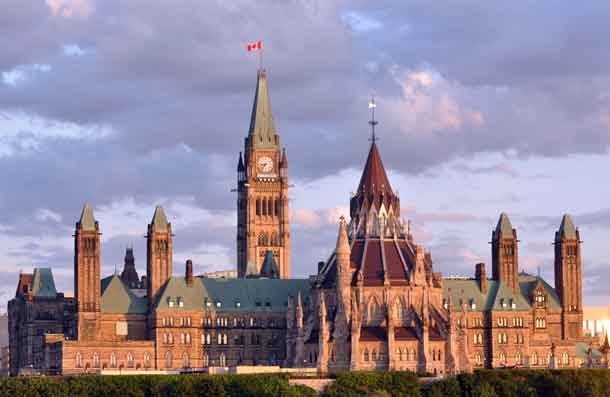
Ottawa – Indigenous News — A report from Auditor General Karen Hogan tabled today in the House of Commons found that Public Safety Canada did not work in partnership with First Nations and Inuit communities to provide equitable access to policing services that were tailored to their needs.
For its part, the Royal Canadian Mounted Police (RCMP) did not work in partnership with First Nations and Inuit communities to deliver dedicated and tailored policing services that supplemented those provided under agreements with their respective province or territory.
The audit found that $13 million of program funds related to the 2022–23 fiscal year went unspent, which is concerning in the context of a program intended to support the safety of Indigenous communities.
As of October 2023, Public Safety Canada was at risk of not disbursing over $45 million of funds for the 2023–24 fiscal year. In its management of the program, Public Safety Canada did not have an approach to allocate funds equitably to communities. The department explained that it relied on the provinces’ or territories’ readiness to fund their share of the program and on the past funding received by communities to determine the amounts allocated.
The RCMP did not consistently meet the requirements of the community tripartite agreements. For example, in a sample of 26 communities, only 10 were served by RCMP detachments where officers could spend 100% of their time dedicated to the community. The audit also found that because of staffing shortages, the RCMP had been unable to fully staff the positions for which it receives funding under the program’s agreements over the past 5 years, leaving First Nations and Inuit communities underserved.
Neither Public Safety Canada nor the RCMP collected sufficient information or analyzed the information collected to identify whether requirements set out in policing agreements were being met and whether the program was achieving its intended results. It is important to monitor and analyze data not only to meet the communities’ security and safety needs but also to support the self-determination of communities.
“By not fulfilling some of their responsibilities under the program, Public Safety Canada’s and the RCMP’s actions are not aligned with building trust with First Nations and Inuit communities and with the federal government’s commitment to truth and reconciliation,” said Ms. Hogan.






